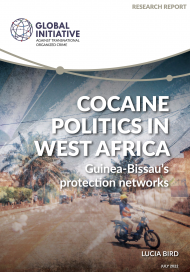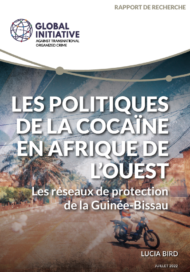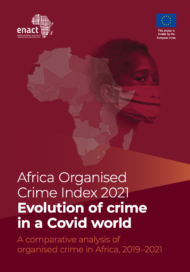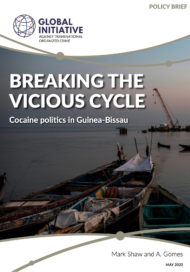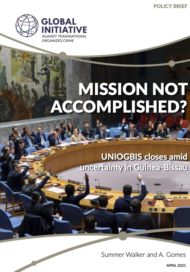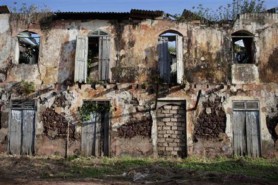Posted on 22 Jul 2022
Guinea-Bissau is a key entry point for cocaine into West Africa, a region that operates as a transit point on international cocaine trafficking routes between cultivation countries in Latin America and consumer end-markets in Europe.
The close involvement of Guinea-Bissau’s political-military elite in the cocaine market over the years has been a critical factor in Guinea-Bissau’s repeated cycles of political turmoil. In turn, profits from the cocaine market have bankrolled a remarkably resilient elite protection network composed of elements of the state infrastructure.
This report explores the role, past and present, of the cocaine trade both as a driver of political instability in the country and as a source of resilience for elite power-sharing arrangements.
The report first considers the drivers of conflict in Guinea-Bissau, before focusing on the role of illicit markets, and more specifically the cocaine trade, in shaping Bissau’s political settlement. It tracks the evolution of the country’s cocaine trade, exploring how drug market dynamics have been closely intertwined with the political protago-nists. Against this backdrop, the report outlines the key characteristics of the current phase of Guinea-Bissau’s cocaine politics, applying historic precedent to offer a tentative look at what the future may hold for the country’s political economy and efforts for stabilization.
